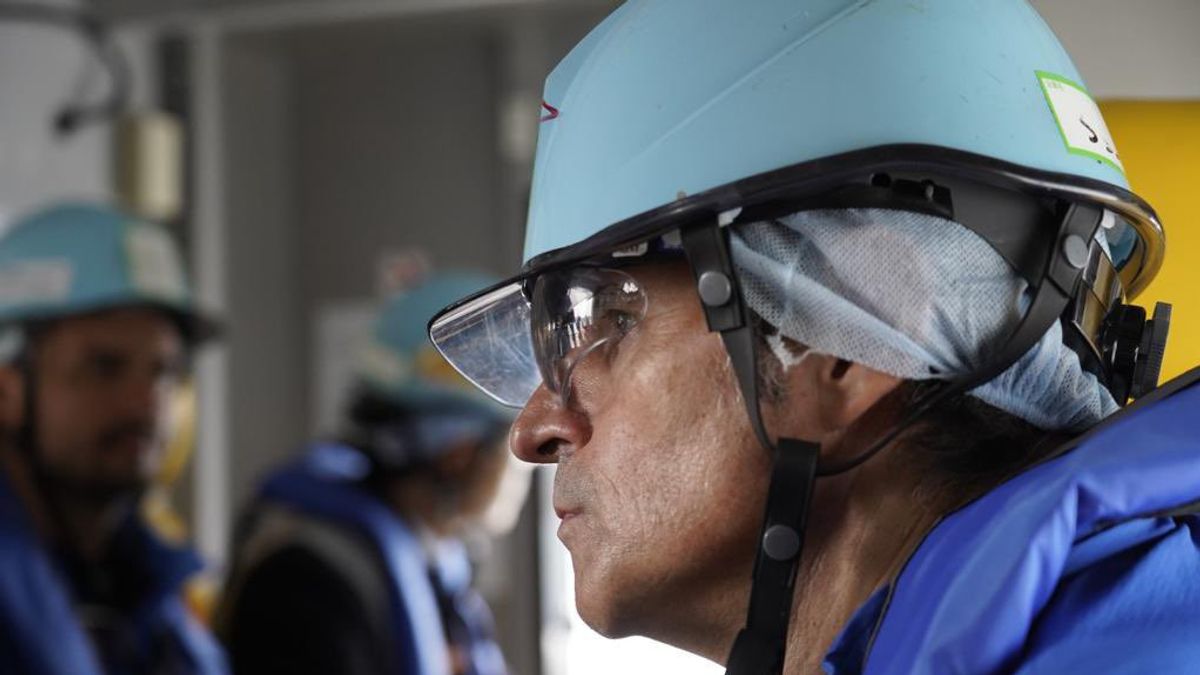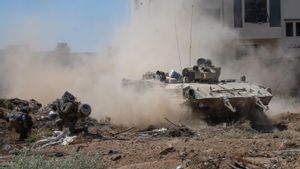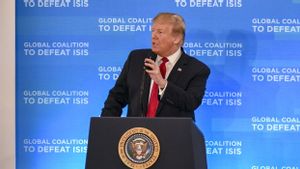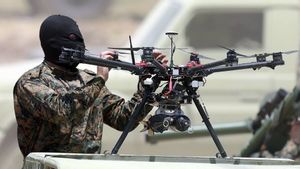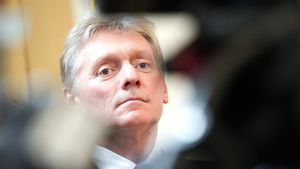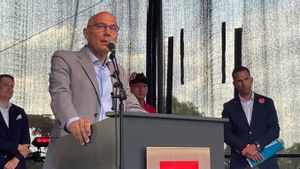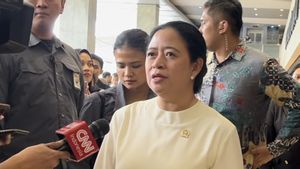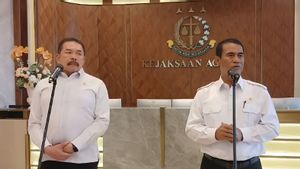JAKARTA - Director-General of the International Atomic Energy Agency (IAEA) Rafael Grossi said he was ready to meet with Iran's new government and continue negotiations to achieve objective results regarding remaining security issues.
Grossi conveyed this at the opening of the quarterly meeting of the IAEA Board of Governors on Monday in Vienna, Austria which will be held until September 13.
He hopes to hold talks with Iran's new president Masoud Pezeshkian in November to increase Iran's cooperation with its body.
Some of the longstanding issues disrupted relations between Iran and the International Atomic Energy Agency, including Tehran's ban on uranium enrichment experts in the inspection team, its failure over the years to explain traces of uranium found in unannounced locations.
"He (Pezeshkian) agreed to meet me at the right time," Grossi said.
"I encourage Iran to facilitate such gatherings in the not too distant future so that we can build constructive dialogue that leads quickly to tangible results."
With nuclear diplomacy largely stalled between Iran's presidential election and the United States elections on November 5, Grossi said he wanted to make real progress immediately.
When asked at a press conference whether his referrals to a "not too distant future" meant before or after the US election, Grossi said: "No, hopefully before that."
The resolution of the IAEA council ordering Iran to immediately cooperate in the investigation of traces of uranium, calling on it to lift the ban its inspectors did not bring much change. Reports of the IAEA quarterly seen by Reuters on August 29 show no progress.
Iran responded to its latest resolution in June by announcing an expansion of its enrichment capacity, installing more centrifus, an engine that enriches uranium, on its Natanz and Fordow sites.
On the Fordow site excavated on the mountain where enrichment was made to reach 60 percent purity, close to 90 percent of the weapons level, Iran installed two of the eight new cascades, or clusters, advanced IR-6 centrifuges within days of informing the IAEA of its plans. Two weeks later, Iran installed two more.
By the end of the quarter, the latest IAEA report shows Iran has completed the installation of eight new cascades, but still not operating them. On the larger underground site in Natanz, which enriches to 5 percent purity, Iran has operated 15 new cascades of other advanced models.
SEE ALSO:
"What we see is that there is some work, but nothing shows a rapid increase in enrichment production," Grossi said.
Iran is known to have stepped up nuclear work since 2019, after then US President Donald Trump canceled the agreement reached under his predecessor Barack Obama, in which Iran agreed to limit its nuclear activities in exchange for lifting international sanctions.
The West Diplomat said there were plans to hold talks on new restrictions if Democratic candidate Kamala Harris won the US Presidential Election.
The English, Chinese, Japanese, Arabic, and French versions are automatically generated by the AI. So there may still be inaccuracies in translating, please always see Indonesian as our main language. (system supported by DigitalSiber.id)
